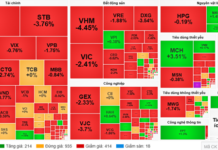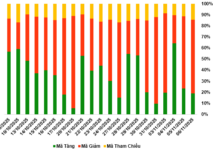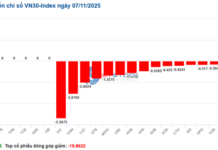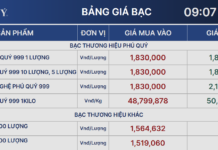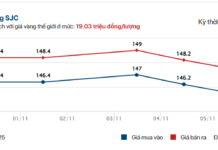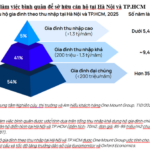Will Citizens Declare Information Starting in 2026?
The draft Decree on the development and management of the housing and real estate market information system, replacing Decree 94/2024 by the Government, is currently under public consultation by the Ministry of Construction. The Ministry proposes that individuals and organizations, both Vietnamese and foreign, must provide data fields including identification information (full name, identification number, legal documents); type of property owned, address, area, and quantity; ownership duration and form; and legal status.
Regarding the roadmap, the Ministry of Construction suggests implementation in phases. Specifically, the preparation phase will begin in Q4 of this year, including pilot projects in five cities: Hanoi, Ho Chi Minh City, Hai Phong, Da Nang, and Can Tho.
The first two quarters of 2026 will focus on technical implementation and data updating. Authorities will integrate data to synchronize with the National Housing and Real Estate Market Information System. Data collection, updating, and storage will be conducted during this phase, ensuring timeliness and security.
From Q3/2026, the system is expected to undergo internal testing before official operation in Q4 of the following year. Authorities will periodically evaluate implementation results, refine, and maintain the system from 2027 onward.
The draft Decree on the development and management of the housing and real estate market database, currently under consultation by the Ministry of Construction, is expected to enhance market transparency, serving as a basis for management, taxation, and policy planning.
A representative from the Ministry of Construction stated that the agency will invest in, upgrade, or lease infrastructure and technical services to ensure connectivity with other units and localities. The agency is also responsible for planning and managing funds allocated for data collection and database development.
The Ministry of Agriculture and Environment will collaborate to connect and share data from the National Land Database.
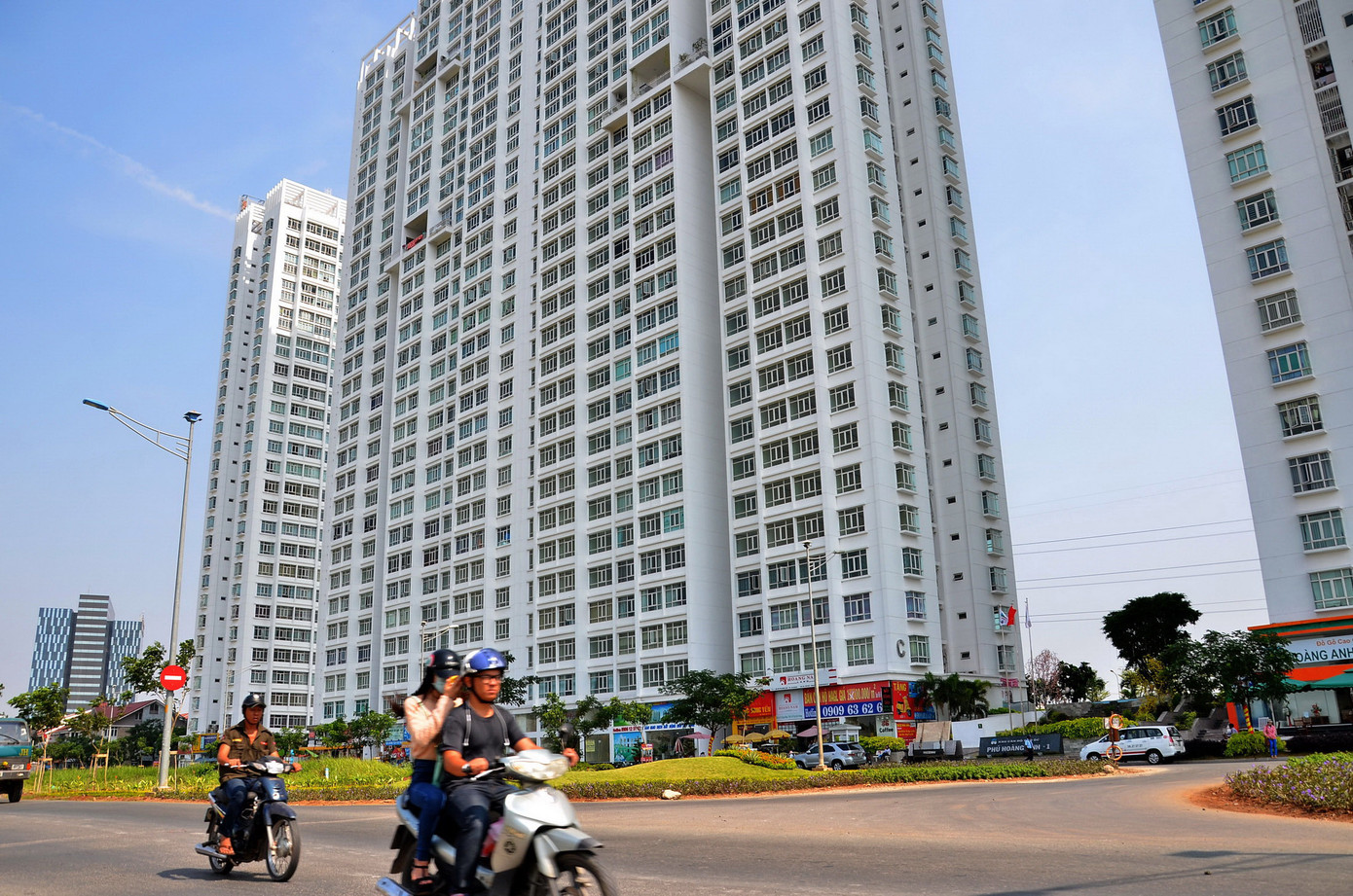
Will citizens accurately self-declare housing information?
Provincial People’s Committees are tasked with developing and issuing coordination regulations for sharing and providing housing data within their localities. Individuals and organizations are responsible for providing complete and timely housing and real estate market information. Once the shared software system is finalized, citizens will provide information online.
Challenges in Housing Database Feasibility Without Integrated Land Data
However, in an interview with Tien Phong Newspaper, Prof. Dang Hung Vo, former Deputy Minister of Natural Resources and Environment, expressed skepticism about the proposal’s feasibility. He noted that the current data foundation is inadequate. Vo emphasized that Vietnam lacks a complete land database, which is essential for building a housing database. While land data is managed by the Ministry of Agriculture and Environment, the Ministry of Construction is leading this decree.
“For this to succeed, the Ministry of Natural Resources and Environment must share all land data with the Ministry of Construction, which is currently very challenging,” Vo stated. He added that land data currently only records “land” and does not include “housing.” Many unauthorized constructions or unregistered properties leave authorities without a basis for aggregation.
Current laws mandate land registration but make housing registration optional for citizens. Without accurate data, establishing a reliable statistical foundation is impossible. Vo suggested that legal amendments are needed to mandate housing registration, along with significant resources for surveying and measuring each property. “The challenge lies in funding, manpower, and ensuring data accuracy over time,” Vo analyzed.
The expert noted that Vietnam’s existing databases, such as population and banking, are relatively stable, but most other sectors lack synchronization, timely updates, and interoperability.
“Building a housing database requires a land database as a foundation, from which housing status—legal or illegal—can be determined. Doing it the other way around is impractical,” Vo stressed.
According to Vo, the Ministry of Construction’s new decree is conceptually sound, reflecting efforts to enhance market transparency. However, success hinges on resolving inter-ministerial data integration and coordination mechanisms. Relying solely on citizen self-declaration will yield inaccurate results.
Lawyer Tran Minh Dang also highlighted the need for stringent data security measures when collecting sensitive information like names, identification numbers, and legal documents. Data entry, verification, and updates will be a massive undertaking, requiring advanced technology infrastructure and skilled personnel.
Affordable Housing: Testing the Restructuring Capabilities of Real Estate Enterprises
After the first nine months of the year, the supply of affordable and mid-range housing remains scarce, while property prices in major cities continue to soar. In response, the proposed development of reasonably priced commercial housing is anticipated to diversify the market, balance supply and demand, and stabilize prices. However, for this policy to be effective, experts emphasize the need to refine legal frameworks, offer investment incentives, and ensure viable profit margins for developers.
Hanoi Proposes Up to 26% Land Price Hike: Will Property Values Surge Further?
Amidst efforts to control soaring property prices, several localities are proposing significant increases in land price tables, sparking widespread concern. Experts warn that such moves could place additional financial strain on both homebuyers and businesses.

